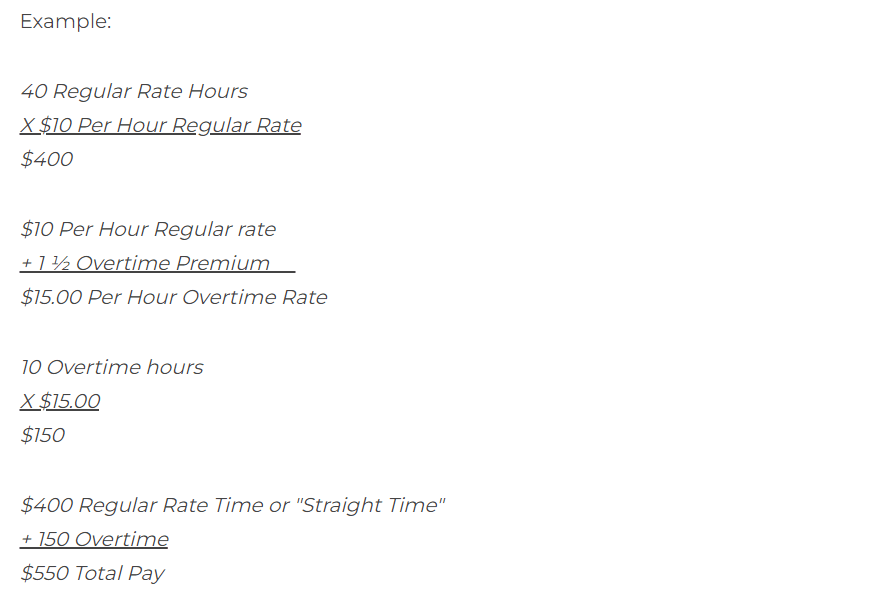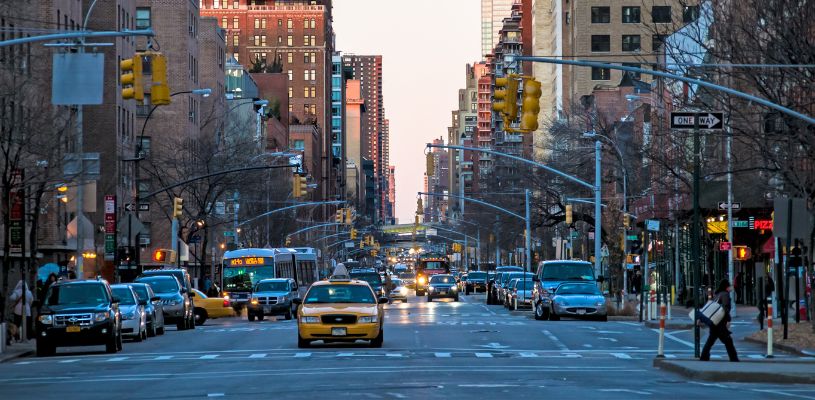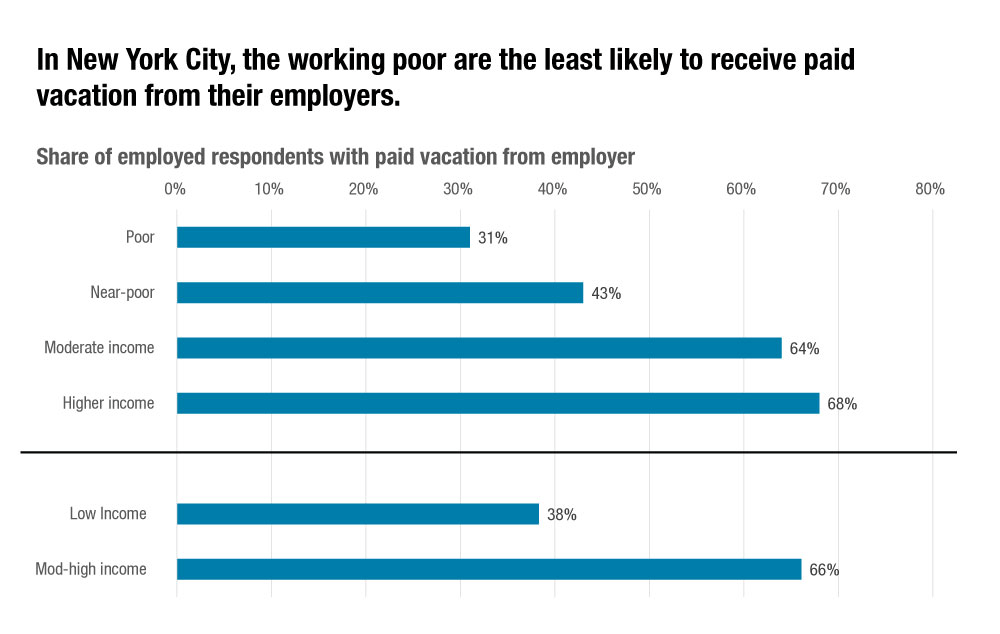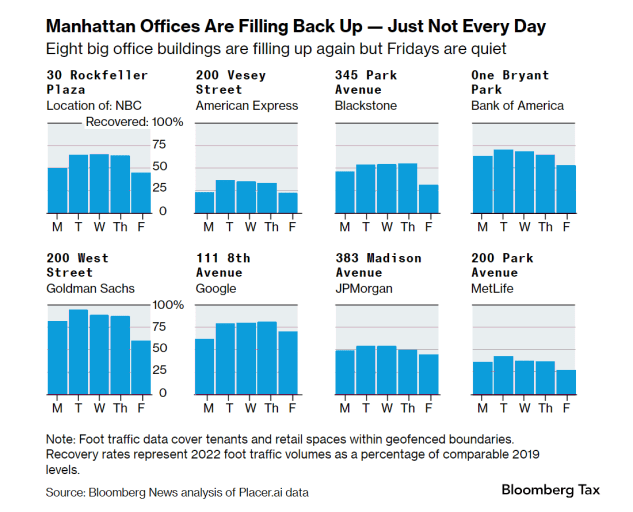Is a 4 Day Work Week coming to New York?
Explore the transformative potential of a 4-day workweek in New York City, unveiling shifting work patterns, evolving employment rights, and more

The traditional 5-day workweek has long been the norm, but as our society evolves, so do our expectations for work-life balance. The idea of a 4-day work week has gained significant traction and support globally.
Did you know that approximately 71% of Americans support a 4-day workweek? Now, this movement has reached the bustling city of New York, sparking discussions about shorter workweeks.
Let’s explore the possibilities, challenges, and potential impact of a 4-day work week in New York. Could New York pave the way for redefining the future of work in the United States?
Let's find out.
4 Day Work Week in NYC

Implementing a four-day workweek has shown remarkable benefits, including increased productivity, higher employee satisfaction, improved talent attraction, and enhanced employee retention, as demonstrated by numerous studies.
But what about the momentum for a four-day workweek in the bustling city of New York? A promising indication came from Governor Kathy Hochul, who hinted at the city's potential transition beyond the conventional five-day work week in the post-COVID era.
According to a Partnership for New York City study, approximately 77% of employers have expressed their intention to adopt a hybrid office schedule integrating both in-office and remote work, as their primary post-pandemic policy.
This aligns with the nationwide desire to change the traditional work schedule.
Would you like a 4 day work week?
Working Hours in NYC
In New York City, the number of working hours employees can work in a week is not restricted by the New York State Department of Labour. This means that individuals in NYC are not limited to a standard 40-hour work week.
Therefore, employers have the authority to necessitate that employees work over 40 hours in any particular workweek, regardless of whether they opt for a 4-day workweek.
Moreover, employers can legally establish the number of hours and shifts for their employees, spanning any day or time. Each business has the right to determine its shift hours and the frequency of shifts throughout the day.
Employers also have the option to reassign or terminate an employee who declines a shift they have been assigned.
With that said, employers must give employees at least a half-hour lunch break to those who work more than six hours. However, employers don’t have to pay for these breaks.
Overtime in NYC

In New York City, employers are generally required to compensate their employees at a rate of 1.5 times the regular rate for any work exceeding 40 hours in a given week.
However, it's important to note that certain residential employees are entitled to this overtime pay only if they work over 44 hours in a week.
When an employee's pay rate varies over time, the average rate is typically considered the "regular rate of pay."
For example, if an employee's hourly rate ranges between $13 and $18 over a year, an average rate (e.g., $14.50 per hour) may be applicable. It's worth mentioning that some positions may be exempt from overtime pay, although the majority are not.

Vacation Policy in NYC

Regarding vacation policies, private employers in New York City are not legally required to offer any form of vacation time, whether paid or unpaid. However, it's important to note that many workplaces in NYC do provide employees with vacation time as part of their benefits package.
On average, full-time private sector employees in the United States receive around ten paid days off annually. It's worth mentioning that the specific amount of paid time off can vary based on factors such as the company's location, industry, and tenure.

There is a problem in NYC with the working poor receiving less vacation time than those with a higher income.
Vacation pay availability differs between small and large employers in New York City. While 87% of full-time workers enjoy paid vacation time, only 38% of part-time workers receive the same benefit.
Regarding vacation policy over multiple years, some employers can carry over unused vacation time from one year to another. However, if a business has a “use it or lose it” policy, then vacation time must be used in the year it’s attributed to, or it’ll be lost.
Part-Time Working in NYC
So, what are the rules and employees’ rights/pros-and-cons for part-time working in NYC? In most cases, employers allow workers to be classified as full-time if they work at least 35-40 hours per week.
Employers can choose to provide certain benefits to full-time employees only. For example, you need to work a certain number of hours to receive healthcare and paid time off. However, for some benefits, the law defines what full-time employment is.
For example, under the Affordable Care Act (ACA), employers are obligated to provide health insurance coverage to employees who work a minimum of 30 hours per week.
Remote Working in NYC
Evidence shows that remote work still plays a role in NYC workplaces, even as lockdowns have diminished.
According to a report by Bloomberg Tax, while Manhattan Offices have generally been filling up again, this hasn’t been true for Fridays. This suggests that hybrid work will continue to shape New York employment in 2023.

There are indications that government officials also acknowledge the shift towards a more flexible work environment in the city. Governor Kathy Hochul, for example, has recognized that the transition back to pre-pandemic office work has taken longer than expected.
Furthermore, while remote work may be saving employers money, the increase in remote work has resulted in Manhattan Island office workers spending approximately $12 billion less on near-office expenses each year (e.g., food and entertainment). However, some stores in residential areas have seen an increase in business.
Summing Up
The possibility of a 4-day workweek coming to New York has gained significant attention and sparked excitement and skepticism.
While almost 300+ companies have already embraced this alternative work schedule, it remains to be seen whether it will become a widespread practice across New York and beyond.
If you're interested in job opportunities offering a flexible 4-day workweek, explore current job openings at 4DayWeek.